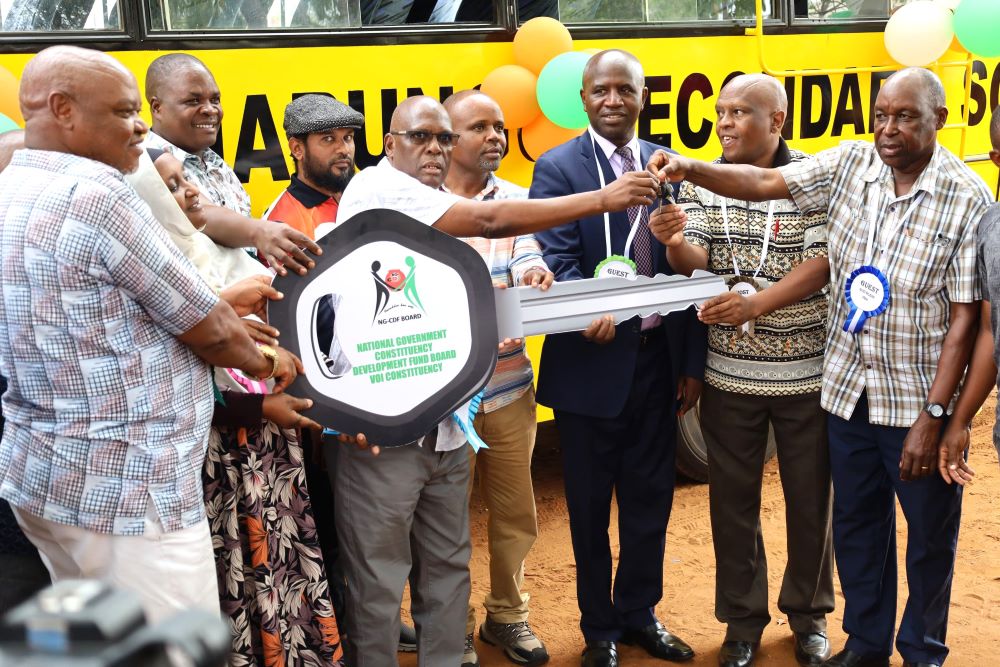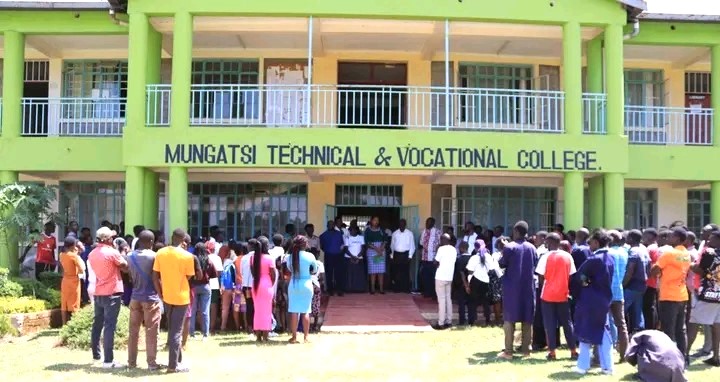Booklisting in schools has evolved into a complex commercial enterprise, far removed from the noble intentions of advancing education and literacy. As September approaches, the season of book listing kicks into full swing, particularly in private schools, where publishers’ sales representatives begin their annual rounds. They hover in corridors and reception areas, armed with catalogues, samples, and persuasive pitches, hoping to convince school heads to list their titles for the next academic year. What should be a purely academic decision, guided by curriculum alignment, quality of content and the needs of learners, often turns into a marketplace of influence, persuasion and subtle manipulation.
The idea of booklisting is, in principle, straightforward: select the most suitable learning materials to guide instruction for a given period, ensuring they meet curriculum requirements and cater to the abilities and contexts of students. However, the reality on the ground is that booklisting season has become a high-stakes commercial affair. Publishers view this as their prime business window, where a single successful pitch could secure sales to an entire school population for the next twelve months. The incentives for getting onto a school’s official book list are massive and the pressure to secure these deals is equally intense. This is where the cracks begin to show.
In a fair system, the best books – judged by their accuracy, clarity, cultural relevance, and engagement value – would be the ones that get listed. Unfortunately, that is not always the case. Sometimes, the ‘wrong’ books find their way into school lists. These are titles that may not align perfectly with curriculum demands, that oversimplify or overcomplicate topics, or that simply fail to inspire learners. Worse still, they sometimes replace better, well-researched and more effective books, not because of academic shortcomings in those better books, but because the listing process has been swayed by commercial interests.
READ ALSO:
Meru County passes Sh14.6 billion budget to boost key sectors
Recently, a survey revealed that the country’s literacy skills are wanting. A Grade 4 learner can’t read Grade 1 literature. This is not just an alarming statistic – it is a damning indictment of the state of our educational foundations. While many factors contribute to such a dismal outcome, it is fair to infer that the course books imposed on schools may be part of the problem. If textbooks are poorly written, misaligned with developmental stages, or filled with irrelevant and confusing material, they can actively hinder a child’s progress rather than nurture it. The rate of educational failure in the country is also very high, and it is naïve to pretend that the materials we place in front of learners are not a significant factor in this crisis.
The methods used to sway decision-makers vary, ranging from innocent persuasion to more questionable tactics. A sales rep might emphasize glossy printing, flashy covers, or freebies like teachers’ guides and supplementary materials – none of which necessarily guarantees better learning outcomes. In less innocent cases, the persuasion takes the form of inducements, favors, or subtle arrangements that push certain titles to the front of the line. The playing field, in such cases, is far from level. Schools that should be picking books based on rigorous evaluation sometimes fall into the trap of quick, convenient, or personally beneficial decisions.
The real casualties in this system are the learners and, indirectly, the teachers. A poorly chosen book becomes the main instructional tool for months on end. Teachers have to work around gaps in content, outdated examples, or even outright errors, spending precious classroom time correcting and supplementing material that should have been accurate from the start. Learners end up with a compromised foundation in their subjects, which has a ripple effect on future learning. The damage is especially serious in foundational subjects like literacy and numeracy, where bad materials can stall progress for years.
Parents, too, feel the brunt of misguided booklisting decisions. School book lists dictate what they must purchase, often at significant expense. A parent who has invested in an expensive title naturally assumes it is the best possible choice for their child’s education. Finding out later that the book was chosen for reasons other than merit is not just disappointing – it is an injustice. It erodes trust in schools and in the education system as a whole.
Some may argue that publishers are simply doing their job – marketing their products and seeking to maximize sales. That is, after all, the nature of business. However, education is not a purely commercial field. It is a public good with far-reaching consequences and decisions about what students read must be grounded in educational value, not just profitability. The booklisting process, therefore, demands higher ethical standards than ordinary market transactions. This requires honesty, transparency and a shared understanding that the end goal is to equip learners with the best tools possible, not to enrich individuals or organizations through questionable tactics.
One of the underlying causes of the problem is the lack of standardised, transparent book evaluation processes in some schools. In the absence of formal committees that rigorously assess books based on set criteria, decisions may rest in the hands of a single school head or a small group, making the process vulnerable to personal persuasion or bias. In contrast, a multi-stakeholder approach involving subject heads, experienced teachers, and perhaps even parent representatives could dilute undue influence and ensure more balanced decisions.
Another factor is the competitive environment among publishers themselves. In a market saturated with similar titles, each publisher is desperate to stand out, sometimes leading to aggressive marketing strategies that cross ethical lines. While competition can drive innovation and quality, it can also breed unethical shortcuts if not kept in check by professional standards and oversight.
Reforming the culture around booklisting is not impossible. It starts with acknowledging that the season is, indeed, a commercial battleground and that this reality must be managed rather than ignored. Schools can institute formal review panels with clear criteria for selection, focusing on content accuracy, alignment with curriculum, user-friendliness for both teachers and learners and the inclusion of diverse, relevant perspectives. Publishers, on their part, should be held accountable through professional codes that reward quality and penalise unethical practices.
The education authorities, particularly in private school associations, can also play a role by providing guidance and perhaps even an approved shortlist of vetted materials from which schools can choose. This would not completely eliminate commercial competition, but it would at least raise the baseline of quality and narrow the scope for inappropriate titles to slip through.
Ultimately, the booklisting season need not be an annual cause for suspicion or disappointment. It can be an opportunity for schools and publishers to collaborate in the best interests of learners, ensuring that every textbook listed is there because it is the best choice for the job – not because it had the flashiest cover or the most persuasive sales pitch. But this requires integrity from all players: school heads who resist undue pressure, publishers who compete on the basis of quality and teachers who speak up when a book falls short.
If education is truly about shaping the future, then the materials we place in the hands of our children are far too important to be chosen carelessly. The process of booklisting must rise above the lure of short-term gain and focus instead on long-term impact. For every title that is listed, the guiding question should be simple: Will this book make our learners better thinkers, better doers and better human beings? Anything less is a betrayal of the very purpose of education.
By Ashford Kimani
Ashford teaches English and Literature in Gatundu North Sub County and serves as Dean of Studies.
You can also follow our social media pages on Twitter: Education News KE and Facebook: Education News Newspaper for timely updates.
>>> Click here to stay up-to-date with trending regional stories
>>> Click here to read more informed opinions on the country’s education landscape
>>> Click here to stay ahead with the latest national news.






